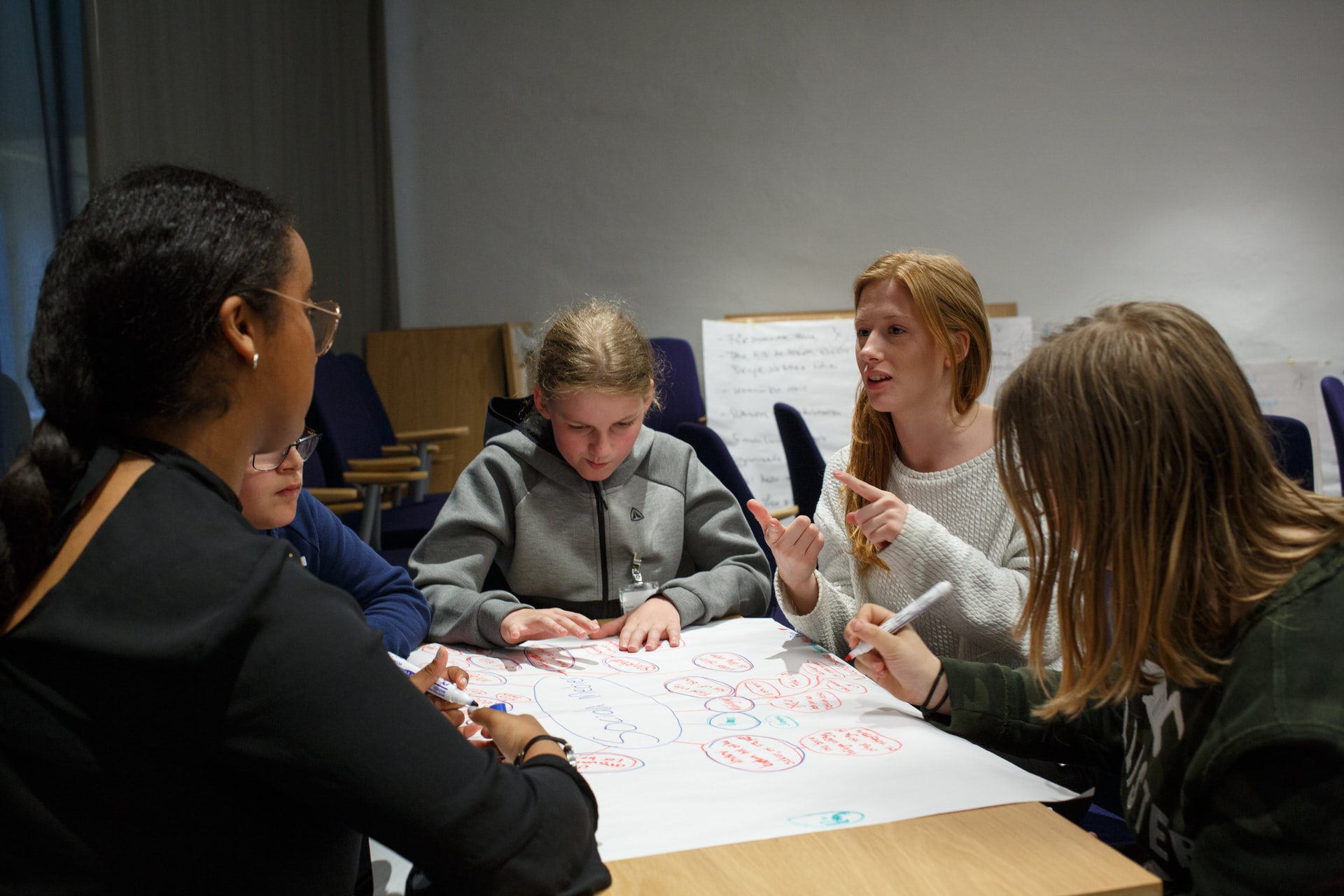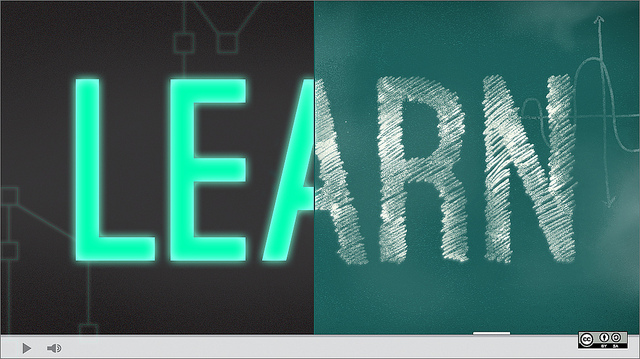A Guide to Subject-Centered Curriculum

In this model, the syllabus is segmented into subject areas, with a limited amount of flexibility for any activities outside the core curriculum. With subjects being siloed, great importance is given to gaining knowledge of, and memorizing each content area. This curriculum places a strong emphasis on teaching, proper teacher-student explanations, and precise strategies. Some of these strategies include lectures, clarification of concepts being taught, and teacher-student conversations.
The curriculum encourages students to commit concepts that have been thought to memory and be ready to regurgitate facts/ideas when required of them. Conventionally, students have not been able to decide what they want to study under this type of curriculum, but in recent times, students can now choose their own electives as well as pick a topic for personal project work from a list of key topics provided.
If, for example, a curriculum is centered around a certain subject area (e.g., World War II), pertinent facts, ideas, and concepts around that subject area are discussed, with learning objectives focused on the attainment and commitment to the memory of these concepts and ideas. In this curriculum, the instructional methods often include oral discussions, lectures, and clarification of questions asked by students.
The spiral curriculum is a good example of a subject-centered curriculum. Emphasis is placed on the material to be taught (concepts, facts, and ideas), and less attention is paid to the actual discipline structure. This means the knowledge structure is what is focused on, instead of the comprehensive information that ought to be provided.
In the spiral curriculum, emphasis is drawn away from the specific learning topics to be understood within a certain time span, while students are repeatedly exposed to a wide variety of ideas. Because the spiral curriculum involves moving from topic to topic in a circular manner, students can be reached as soon as they are ready to understand a concept. Additionally, the spiral curriculum endlessly tries to reinforce the rudiments of the concept being discussed, so that these fundamentals are archived in the students’ knowledge base and the loss of students who are unprepared for the new lesson is ultimately avoided.
This technique, known as spiraling, allows students to work on the same skill over and over, with a gradual increment in the level of difficulty of taught concepts. Practically, spiraling refers to placing emphasis on core topics in a specific subject, which is then repeated over the years, with added layers of complexities. For example, instead of teaching “division” in the first semester of a mathematics class, the concept can be broken into bits, with simple division taught in the first semester and taught again in the second semester, but this time, using double figures.




